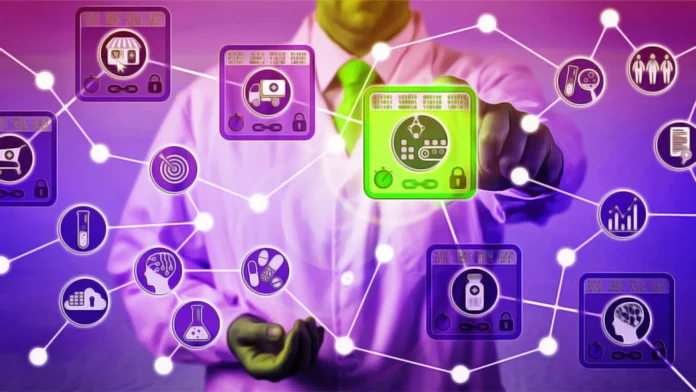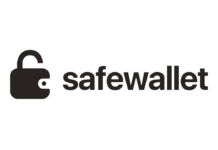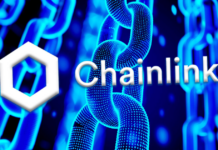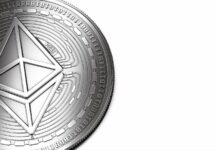
- Blockchain’s privacy and decentralization features increase its applicability in almost every industry.
- With this modern technology, the healthcare industry can revolutionize itself and solve its various challenges.
Blockchains have emerged as a transformative tool because of their security and decentralized features. There is no doubt that this modern technology has wide applications in almost every industry. But the data security, interoperability, and privacy it offers, can be used to revolutionize healthcare systems. In the current scenario, the healthcare industry is plagued by outdated record-keeping systems, with patient privacy being one of the greatest challenges. It is difficult to manage and record the patient’s data. These problems require a modern solution. That’s where blockchain technologies come into play.
Blockchain systems can drastically change and improve the whole ecosystem of healthcare records and data management. They will make these records more secure and accessible in nature and prevent them from being hacked or altered. Besides these, they also promise more applications. Let’s see them one by one:
1. Making Patient’s Records Tamper-Proof
Blockchain’s decentralized and immutable nature will make the patient’s records tamper-proof. They will provide robust security against sensitive healthcare data. Their decentralized nature will help patients have full control over their data and prevent the risk of data breaches and unauthorized access.
2. Enhancing Interoperability
There is no doubt that the healthcare industry is often plagued with interoperability challenges. With the help of blockchain systems, a common framework for data exchange can be established. As a result, there will be seamless sharing of data across different hospitals, promoting better coordination among healthcare providers.
3. Transparency
Transparency is another issue that can be solved with the help of blockchain systems. They will allow secure and transparent sharing of anonymized patient data. This will help researchers access a broader and more diverse range of information. This information can help in the development of innovative treatments and therapies.
4. Fast Payment Process
The current payment process in the healthcare industry is often complex and time-consuming. There are various medical bills and claims that can be automated by the blockchain systems. The smart contacts can automate the payment processes, reduce third-party costs, and ensure timely and accurate reimbursement.
5. Maintaining the Quality of Drugs
The Medical industry is full of drugs. And, if these drugs expire, then they can pose significant risks to the patient’s health. That’s why it’s important to consistently check the quality of these drugs. By implementing blockchain technologies into the supply chain systems of drugs, one can ensure the authenticity and quality of the drugs.
6. Remote Patient Monitoring
It becomes difficult for patients who live in remote areas and also for healthcare providers to collect data. Therefore, there are several blockchains that provide a secure and private transmission of data in real-time, which can be used to collect patient data in remote areas. With this, blockchain proves to be a game changer for healthcare. Despite having tremendous potential, it poses several challenges. But they can be solved with proper infrastructure and planning.
Moreover, it’s interesting to see what the future holds for the blockchain and the healthcare industry.























